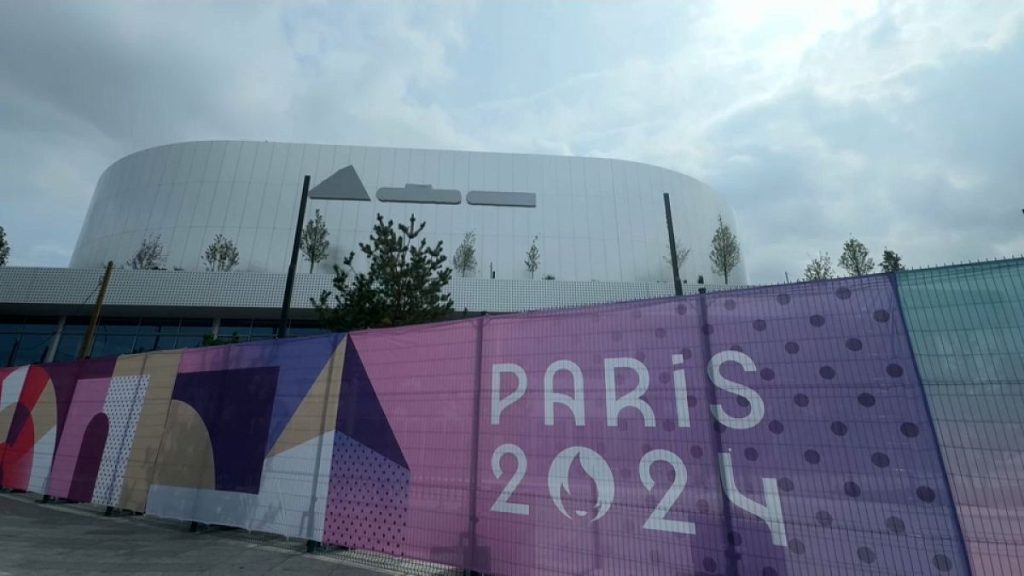The Porte de la Chapelle neighbourhood in Paris has long been associated with higher crime, drug, and poverty rates. However, with the upcoming Paris Olympics, the city has implemented an ambitious urban renewal plan and increased police security to transform the area. Major changes include the construction of an 8,000-seat arena for Olympic events and the relandscaping of Rue de la Chapelle, the main avenue in the area. Residents have noted significant improvements in their quality of life due to these changes, such as the addition of sports facilities and removal of gas stations. However, there are concerns among residents and business owners that these changes may not be maintained once the Olympics conclude, leading to a return to previous issues. The increased police presence during the Olympics has been credited with improving safety in the neighbourhood, but there are fears that this may be temporary.
Residents and business owners in Porte de la Chapelle have expressed concern that once the Paralympic Games end, the improvements made to the neighbourhood may not be sustained. While the Olympics brought new visitors and attention to the area, some feel that the authorities prioritized the needs of tourists over those of local residents. The renovation work also had a negative impact on businesses, with sales plummeting during the construction period. Despite the financial and mental toll, residents hope for continued improvements and support from state and city authorities to ensure the long-term success of the neighbourhood’s transformation.
In the lead-up to the Olympic Games, there were accusations of “social cleansing” in Porte de la Chapelle, with reports of evictions and relocations of vulnerable populations such as migrants, drug users, and sex workers. The city authorities deny these claims, stating that initiatives such as a help centre for addicts and shelters for the homeless are part of a broader urban transformation plan. The deputy mayor of the 18th arrondissement emphasized the importance of supporting communities within the framework of urban development, with permanent facilities being established to benefit residents in the long run. The construction of a university campus is also underway to attract more people to the area and contribute to its revitalization.
Despite the efforts to improve the neighbourhood, some residents feel that the changes have not adequately addressed underlying issues. The bar owner, Farid, believes that the authorities have merely “swept the dust under the rug” and that without sustained police presence, problems may resurface in the future. Farid and others emphasize the need for stronger security measures to ensure the safety and well-being of residents. While the urban renewal plan has brought positive transformations to Porte de la Chapelle, there is a call for continued support and investment from authorities to address the root causes of social challenges and ensure the long-term success of the revitalization efforts.
Overall, the transformation of the Porte de la Chapelle neighbourhood in Paris through urban renewal initiatives and increased police security for the Olympics has brought positive changes to the area. Residents have seen improvements in their quality of life, with new sports facilities and revamped public spaces enhancing the neighbourhood. However, concerns remain about the sustainability of these changes once the Olympic Games conclude and the impact on vulnerable populations who may have been displaced during the renovation process. It will be crucial for state and city authorities to work collaboratively with residents and businesses to address these issues and ensure the long-term success of the neighbourhood’s revitalization.













